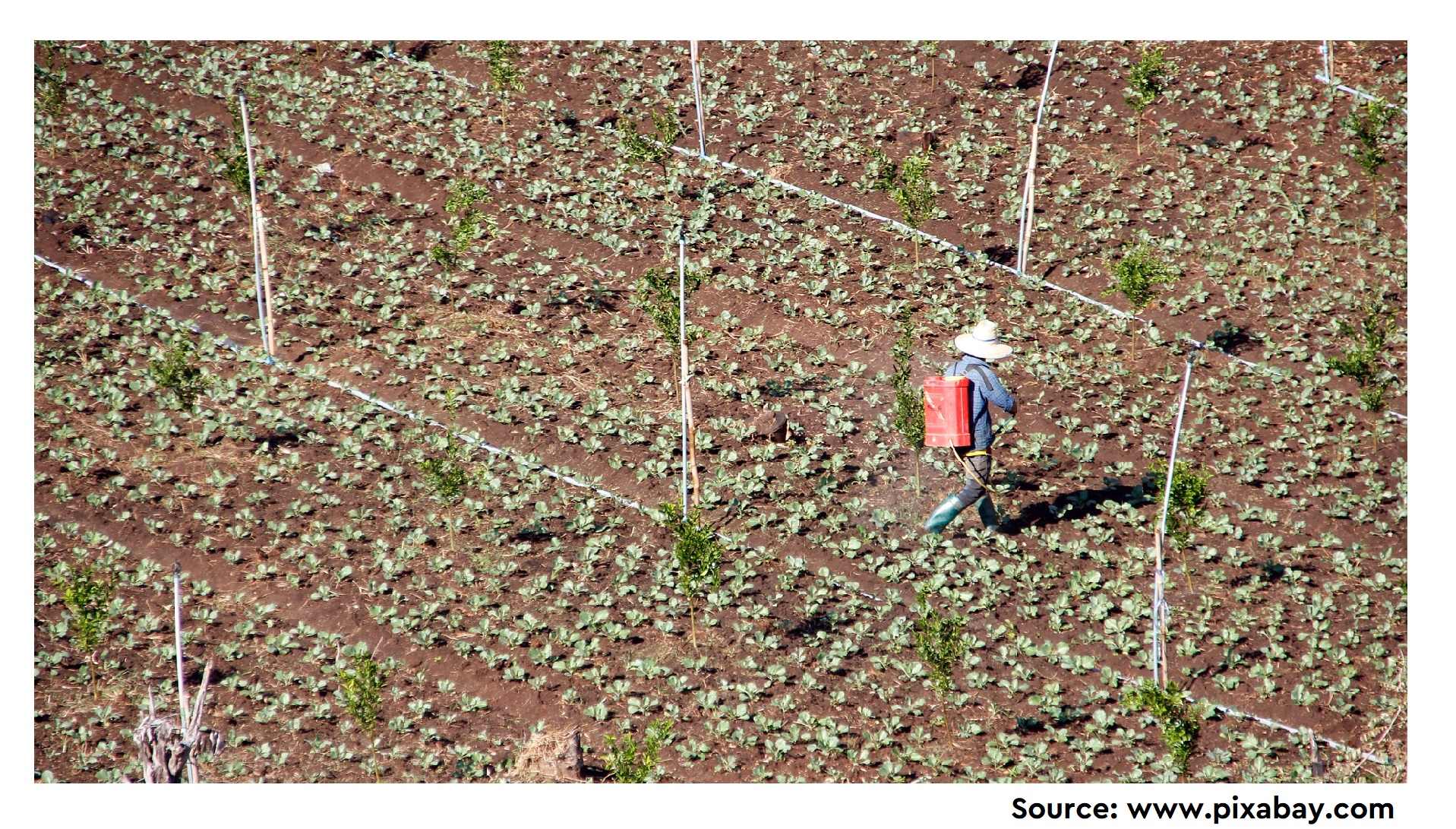Antibiotics are the miracle drugs that brought down the mortality and morbidity due to infectious diseases. These miracle potions are used extensively in humans, animals, and agriculture. In agriculture, antibiotics are used to increase the crop productivity, prevent diseases of crops and to treat them. The use of antibiotics in agriculture began in 1940’s, during which Streptomycin was used to treat the fire blight disease in plants. But there is another side to this story. The injudicious use of antibiotics directly or indirectly on fields affect the microorganisms in the soils, selecting them for antibiotic resistance. The over dependence on this antibiotic led onto the emergence of resistance after a decade. Then Amikacin, Tetracyclines and Methicillin came into play. Resistance to each of these antibiotics were also noted. Diverse, mobile, and abundant antibiotic resistance genes also got discovered in meantime.
The spread of resistance is not limited to one ecosystem. It can spread across plants, animals, and environment. The animal manure that contains antibiotic residues, when applied to the soil, is responsible for the transfer of traces of antibiotics from the animal kingdom to the soil ecosystem and ultimately to the plants. How can we solve this problem? Various countries across the globe including India have adopted various regulatory measures. These include tracking down the antimicrobial use, setting up nation-wide targets for reduction of antibiotic usage, use of good health practices, having a track on veterinarians and health professionals to prescribe antimicrobials, strict withdrawal periods, increase in reliable diagnostics and better management practices to reduce disease risk. In addition to these, there are various science strategies like use of antimicrobial peptides, use of carbohydrate modified compounds, use of non-antibacterial and combination therapies for developing new antibacterial agents which can help us overcome the resistance crisis.
To read more, please visit the website of the journal Current Research in Microbial Sciences (Link).







